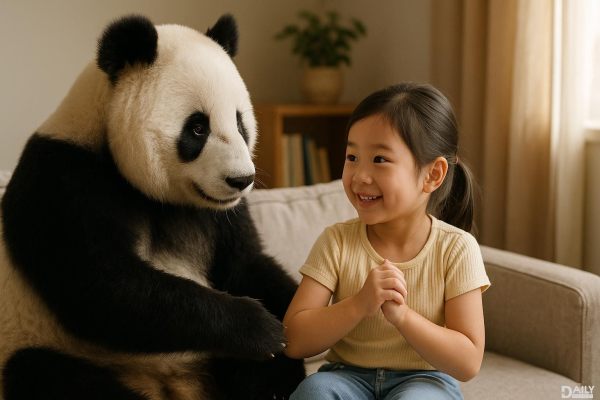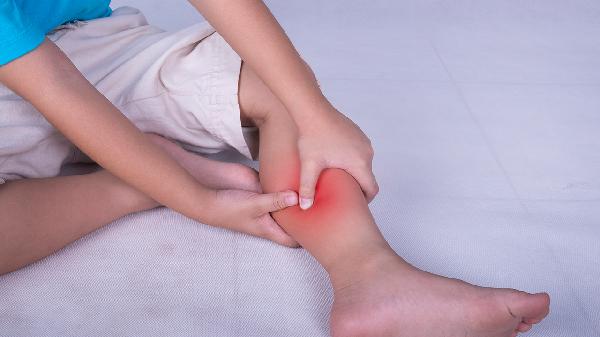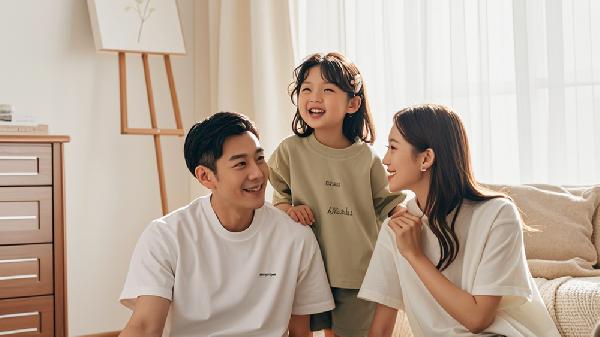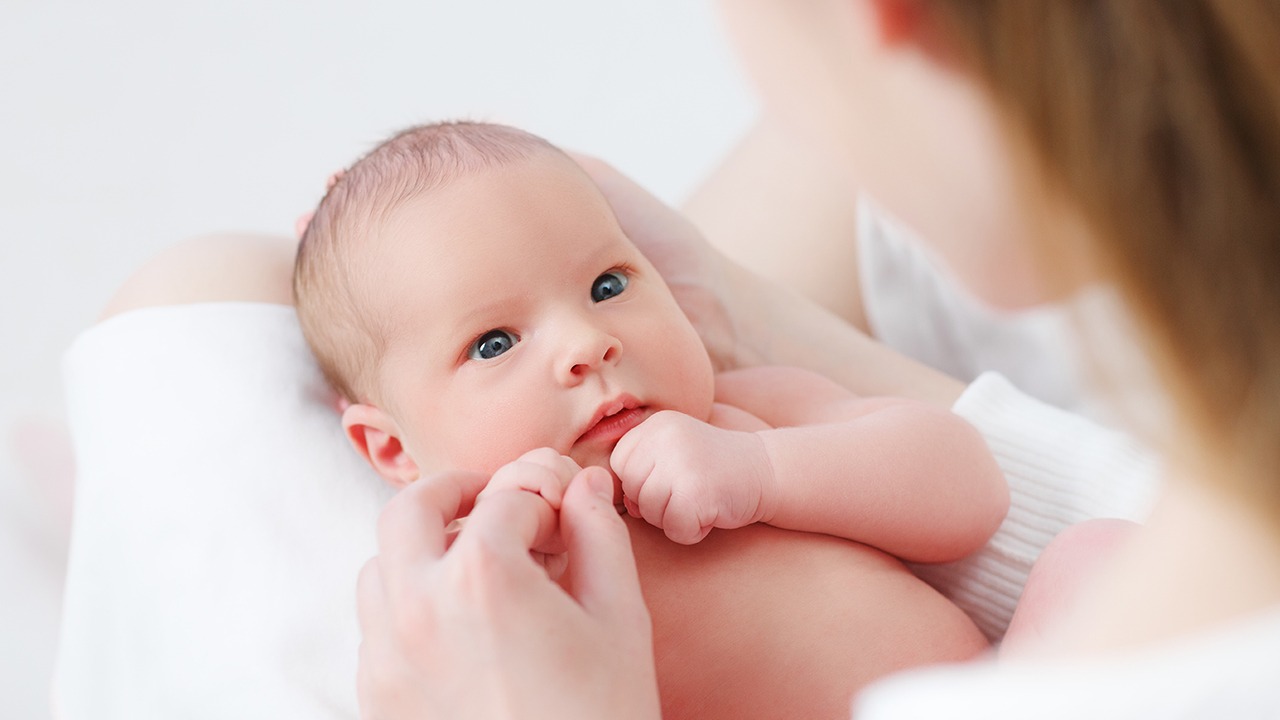Parents may have heard some myths about pacifiers: they can cause misaligned teeth in babies; they can lead to dependency… Is this really true? Below, the editor will share some scientific knowledge about pacifiers.
Pacifiers are not as scary as the rumors suggest. Let’s take a look at the benefits of pacifiers. U.S. scientific research has shown that pacifiers can reduce the risk of Sudden Infant Death Syndrome (SIDS). Not only can pacifiers satisfy babies’ strong sucking needs, but they can also provide emotional comfort, distracting fussy babies and calming them down. Additionally, when babies are in unfamiliar environments, pacifiers can help ease their anxiety. Pacifiers can also help babies break bad habits; for example, during teething, babies may suck on their hands to relieve discomfort—pacifiers can serve as a clean and hygienic alternative. Moreover, pacifiers can help babies fall asleep faster and even protect their ears during flights.
However, pacifiers do have some drawbacks, such as the risk of dependency if overused. But parents can avoid this downside by not using pacifiers too frequently or for extended periods, preventing dependency.
So, what should parents pay attention to when choosing and using pacifiers?
To prevent accidental swallowing, avoid pacifiers with many small parts. One-piece pacifiers are a better choice, and bottle nipples should not be used as substitutes.
Parents should regularly check pacifiers for looseness or wear and replace them promptly.
While pacifiers indeed offer many benefits, it’s important for parents to use them in moderation to prevent dependency.
A friendly reminder: Don’t immediately give a pacifier to a crying baby. First, try to identify the reason for the crying before comforting the baby.
Some moms may wonder: What if the baby becomes dependent on the pacifier? When should we wean them off it?
According to recommendations from international pediatric associations, babies can stop using pacifiers around age 1, and they should be weaned off them by age 2 at the latest. As babies grow and are exposed to a more vibrant world, their senses—like hearing and touch—become more attuned to their surroundings. They develop their own preferences, which naturally reduces their reliance on pacifiers. If a baby struggles to let go of the pacifier, parental intervention and guidance are needed. Parents can help by finding other interests to divert the baby’s attention away from the pacifier.
























